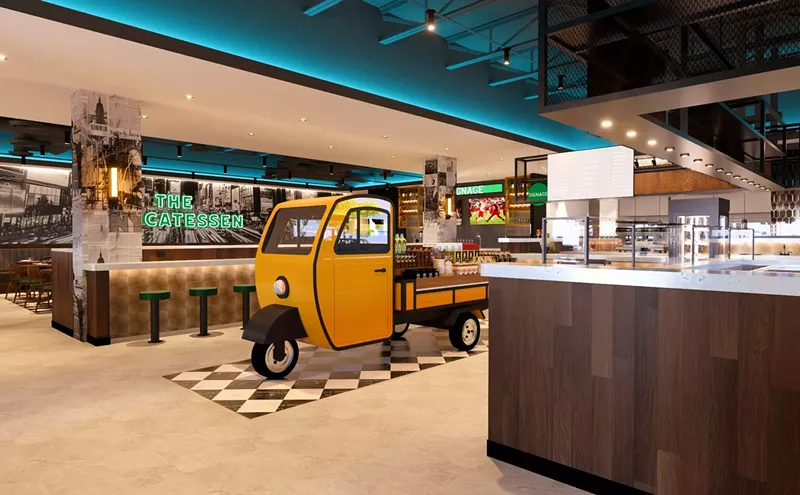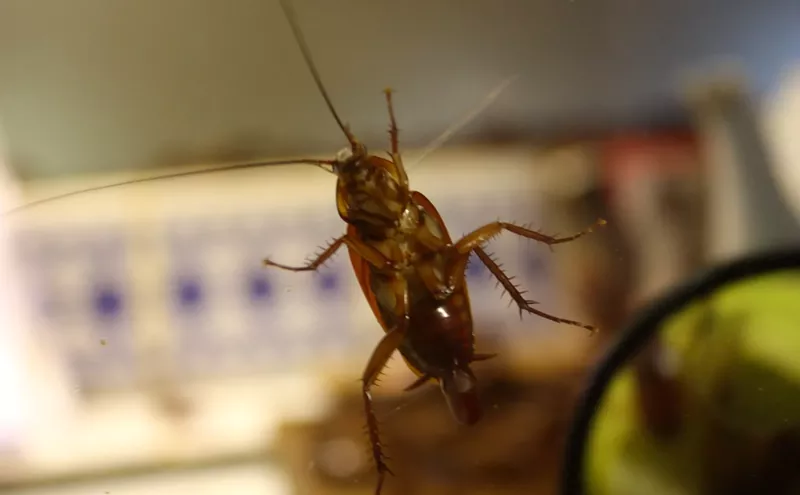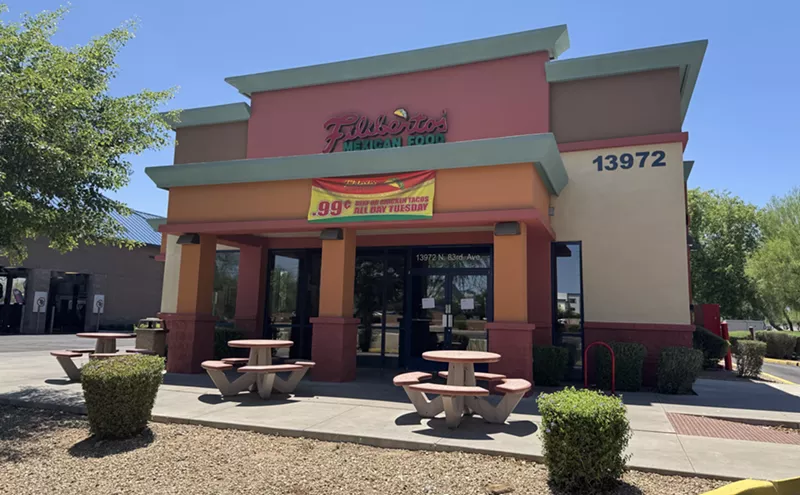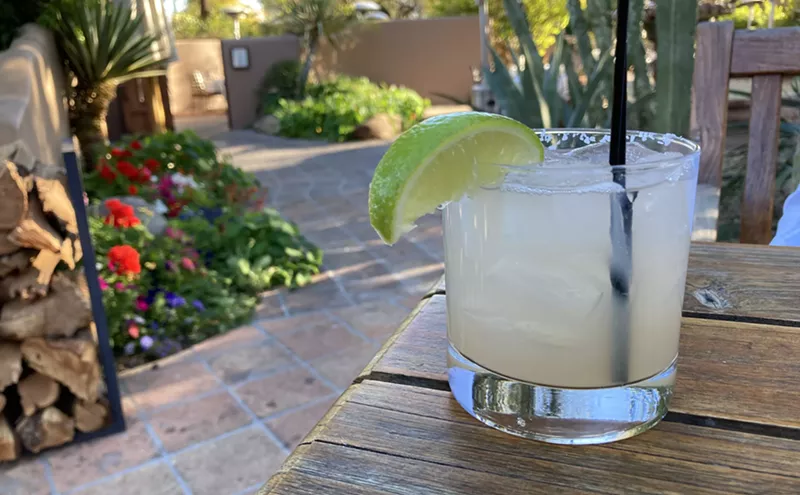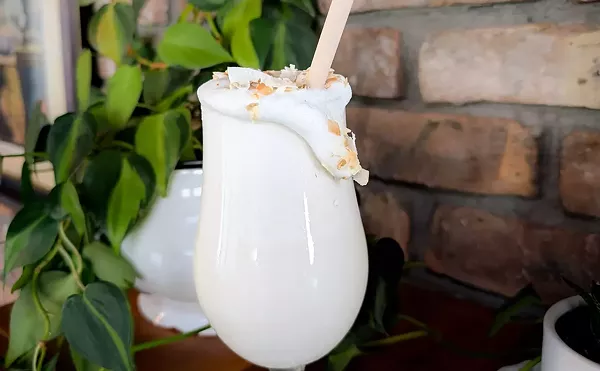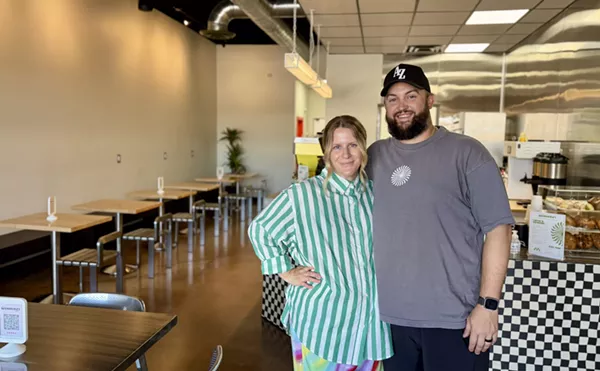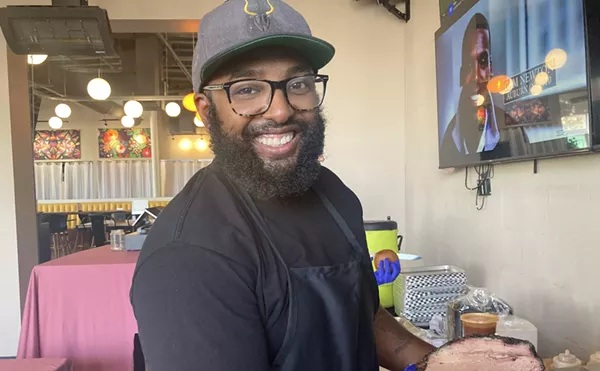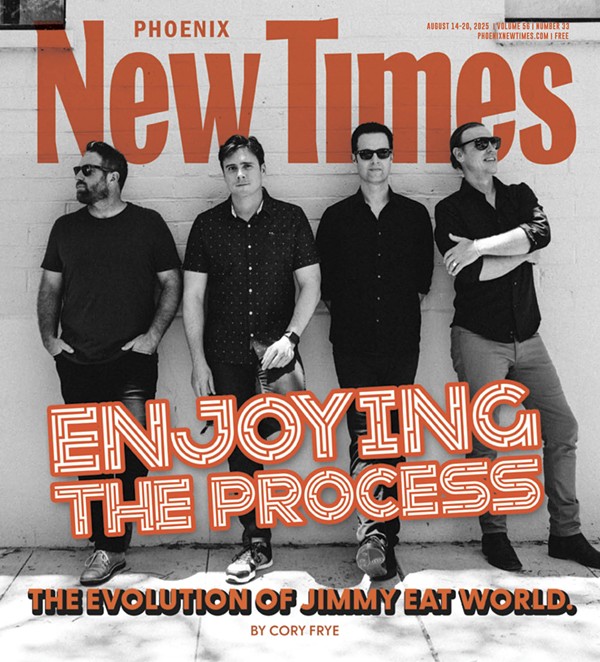We knew that last year's Big Brain award winner, Natalie Morris, was back in town but she recently shared with us a little secret that we almost couldn't believe. After eating her way around the world -- trying foods like Tibetan yak cheese and Icelandic preserved shark -- she came back from Italy older, wiser and a vegetarian.
Here's what she had to say about what she will and won't put back in her mouth.
Chow Bella: So, you went to slow food school and came back a vegetarian. We remember reading on your blog about tasting charcuterie. It sounded like you were having fun learning. What happened?
Natalie Morris: I completely had fun. And did learn a lot. In fact, what I learned there were things that I thought I had known but didn't really. A week of tasting over 50 cured meats, while simultaneously having the opportunity to see first-hand both industrial and completely sustainable (as sustainable as raising meat for consumption can be in modern times) animal farming can take its toll on anyone. Most of us simply didn't eat any meat for about a week after, just because we were sick of it. That was me as well, at first.
CB: OD'd on cured meat. That's what did it?CB: So do you "flex" and eat meat when it's organic or humanely raised?
NM: You could say that. I hate the label "flexitarian" or even "vegetarian" to be honest. I'm not either and don't claim to be. I just don't eat meat, or seafood for that matter. Most call me vegetarian because its easier for them but I have to specify; I WOULD eat meat if given the ideal opportunity. I'm not against it. For me, the ideal opportunity is having meat that I believe has been humanely raised, has not had any environmental impacts and hasn't harmed any foodworkers in the process. But in today's meat industry, that's asking a lot, even of the smallest and most well-intentioned ranchers and fishermen who are tied down to the laws set forth by the USDA and other government organizations. Bottom line- I will eat meat but I want to see firsthand what's happened on the farm, that's just not going to happen most of the time and I'm not willing to take everyone at their word. Meat has too much of an impact on our eco-system to take these things lightly.
CB: Are you as careful with you produce, dairy and grains too? What makes meat different?
NM: Questioning the origins of where my food came from is what got me into all of this food stuff in the first place. Since then, I've purchased most of my food from farmers I trust, continually asking what's been done and how. Produce, dairy and grains are no exception. But there's a reason why people commit to vegetarianism and not carnism! There's a stronger bond between life forces there, for one, but in today's age of big ag this commitment needs to be more than that. The effects that animal husbandry practices can have on animal well-being, our health, greenhouse gas emissions aka climate change, our water, our soil everything is tremendous. Its complete circularity with huge impact at every turn and should be looked at mindfully.
CB: What does a typical day of eating look like for you? Do you have a hard time going out since so few places offer prepared "fair" food?
NM: Not at all! I know when I go out or when I eat at a friend's house that I am eating what someone has cooked for me. That's a huge deal to me, I never want to disrespect anyone. Cooking can be a personal thing for people. I just eat what I can. I order what I can. And I do have "Oh Crap" moments. That's just how it is. There's no science to it for sure and no one can say that there is, there are too many variables. I don't expect everyone to have local products in their kitchens, and I really don't expect them to be meatless. But I do have to eat, I'm just choosing to be more mindful about it. And this is the way I'm choosing- others will have their personal choices. For me, in the end, this is what this is all about anyway, making food better so that we can still all enjoy it to its fullest together. Conviviality, right?
CB: Do you have any more food adventures planned?
NM: At the moment, I'm still busy finishing my project with Wicked Delicate Films and the Truck Farm project. However, once that wraps up in May, I'll be looking for a new day job. Hopefully that will be a swift transition. Once I settle in to the next stage of my career, my husband Chris and I hope to plan a trip to Japan and South Korea.



